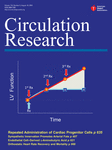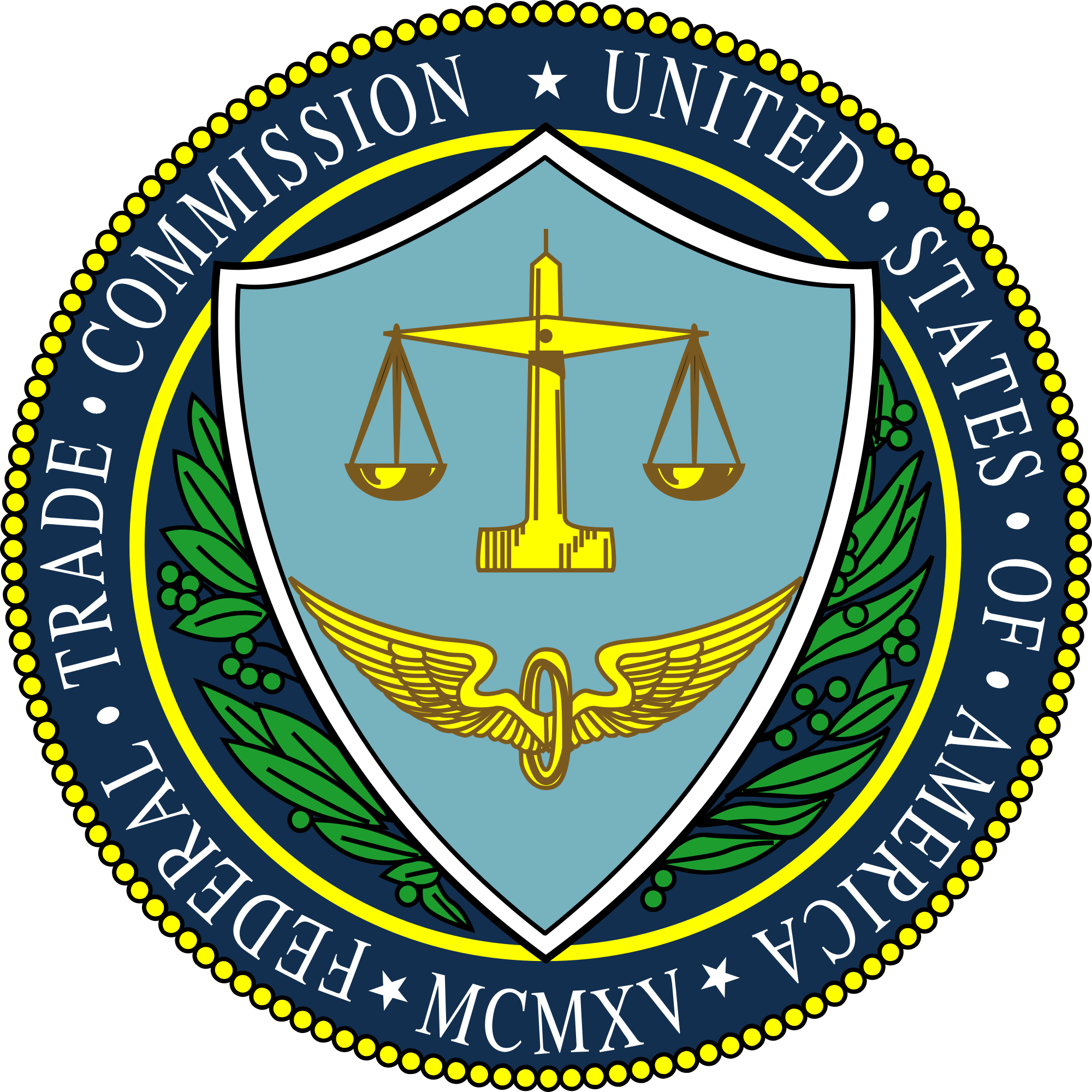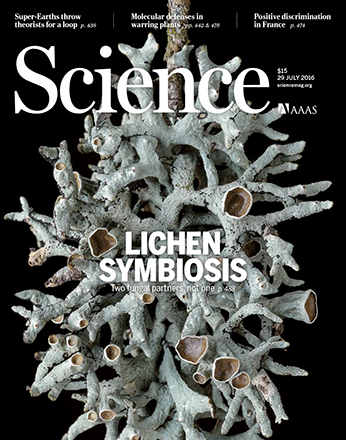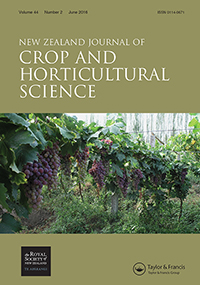 In a rare move, the University of Colorado has revoked the PhD of a former student in a pharmaceutical research lab, following an investigation that raised concerns about the integrity of his work.
In a rare move, the University of Colorado has revoked the PhD of a former student in a pharmaceutical research lab, following an investigation that raised concerns about the integrity of his work.
According to The Denver Post, Rajendra Kadam’s degree has been revoked by the University of Colorado Board of Regents.
Last year, an investigation by the University of Colorado Denver into Kadam’s research recommended retracting 10 papers. As we reported at the time, the report flagged eight additional papers co-authored by Kadam whose data could not be validated, raising “concerns as to the scientific validity and integrity” of the material.
Last month, a University of Colorado Denver spokesperson told us Kadam was no longer affiliated with the university; today, Ken McConnellogue, the vice president for communication, confirmed that his degree has now been revoked entirely.
McConnellogue acknowledged that it was a strong move: Continue reading U Colorado revokes PhD of former “golden boy”
 Are there instances when similarities between papers should be fixed by a correction, rather than a retraction?
Are there instances when similarities between papers should be fixed by a correction, rather than a retraction?

 The U.S. Federal Trade Commission has charged a publisher of hundreds of academic journals with
The U.S. Federal Trade Commission has charged a publisher of hundreds of academic journals with  A tribunal in the UK has
A tribunal in the UK has 

 Science is considering adding an expression of concern (EOC) to a June paper that
Science is considering adding an expression of concern (EOC) to a June paper that  A vociferous advocate for correcting the literature — who has been
A vociferous advocate for correcting the literature — who has been